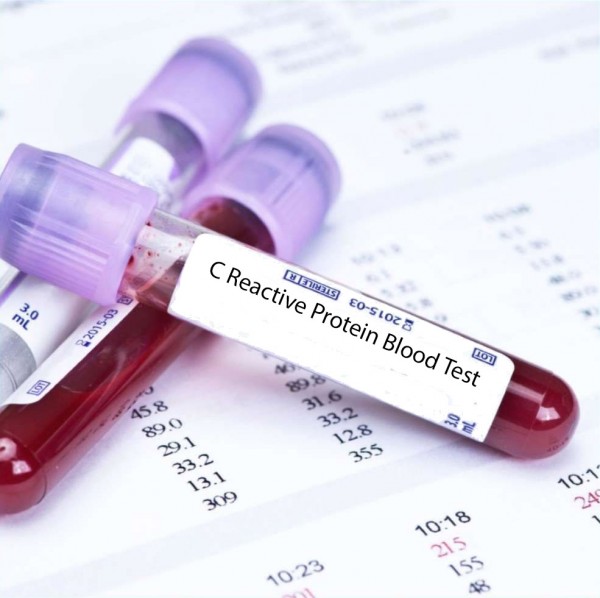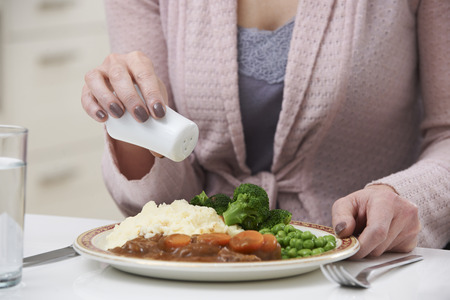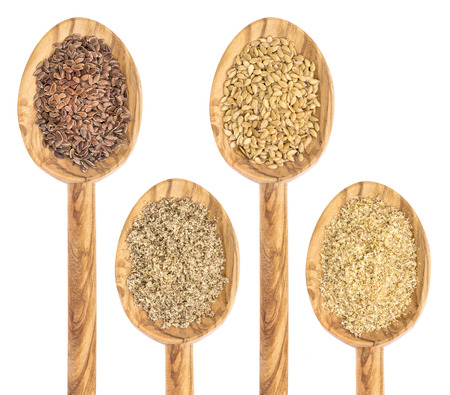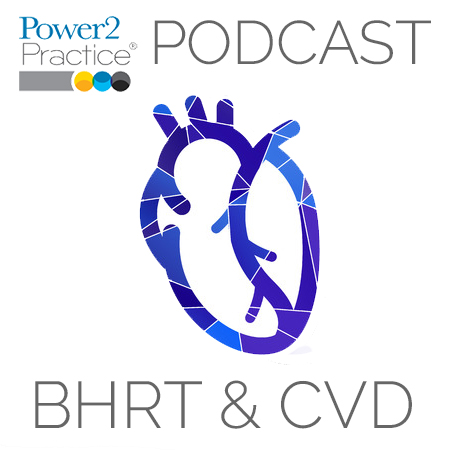By J.E. Williams, OMD, FAAIM Testing patients for C-Reactive Protein (CRP) is as necessary to disease prevention as flossing your teeth or getting your LDL cholesterol level checked. Because CRP is a key marker for inflammation, routine monitoring can help prevent cardiovascular disease and save lives. C-Reactive Protein (CRP) is a type of protein secreted… Read More »
To Salt or Not to Salt?
Written by James L. Wilson, DC, ND, PhD. Republished with permission from AdrenalFatigue.org Are your patients confused about salt? Worried because the media and medicine appear to unanimously suggest that each shake of a salt shaker drives a nail into the coffin? Do they crave salt or feel better when adding it to their food? If so,… Read More »
Phytosterols in the Management of Cardiometabolic Disease
Republished in entirety, courtesy of The Metagenics Healthcare Institute for Clinical Nutrition Cardiovascular disease is the leading cause of mortality in the Unites States, and accounts for approximately 50% of preventable deaths. Dyslipidemia is a strong risk factor for cardiovascular disease, and is largely modifiable with non-pharmacological intervention. Metabolic syndrome and central obesity are also intimately… Read More »
Podcast: BHRT & Cardiovascular Disease
by Jim Paoletti, BS Pharmacy, FAARM, FIACP – Director of Education | Power2Practice Cardiovascular disease remains one of the leading causes of morbidity in women, and coronary artery disease has long been recognized as the leading cause of morbidity and mortality in men. Estrogen, progesterone and testosterone must be balanced at physiologic levels to provide maximal protection… Read More »




